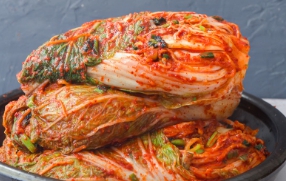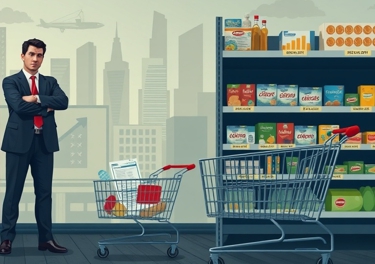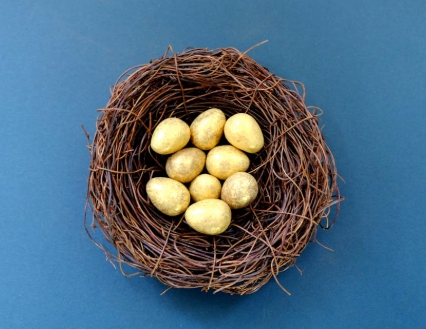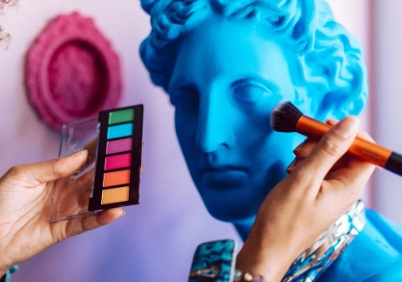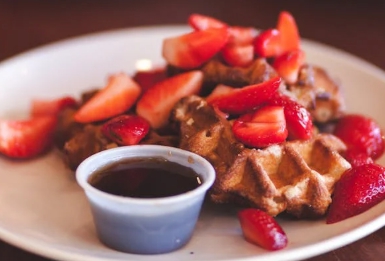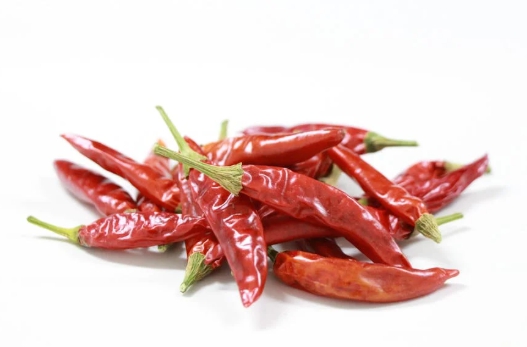Dopamine: What It Is
Dopamine is a type of neurotransmitter, which is a chemical messenger in the brain. It plays an essential role in sending signals between nerve cells and affects how we feel pleasure, motivation, and satisfaction. Because of this, dopamine is often called the "feel-good chemical." Without dopamine, our brain would struggle to regulate emotions, movement, and even learning.
도파민은 뇌에서 작용하는 신경전달물질의 한 종류로, 화학적 메신저 역할을 합니다. 도파민은 신경세포 사이에서 신호를 전달하며, 우리가 즐거움, 동기부여, 만족감을 느끼는 데 중요한 역할을 합니다. 이런 이유로 도파민은 흔히 ‘기분을 좋게 하는 화학물질’이라고 불립니다. 도파민이 없다면 우리의 뇌는 감정, 운동, 학습을 조절하는 데 어려움을 겪게 됩니다.
■ 단어장
neurotransmitter: 신경전달물질
chemical messenger: 화학적 메신저
pleasure: 즐거움
motivation: 동기부여
satisfaction: 만족감
regulate: 조절하다
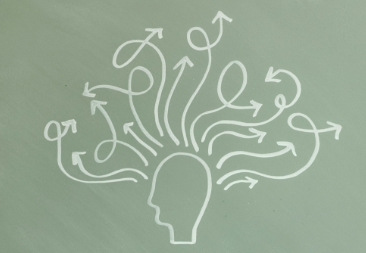
The Role of Dopamine
Dopamine has several important roles in the body. It helps regulate movement, making sure our muscles work smoothly. It also influences learning and memory by rewarding us when we achieve something, which motivates us to repeat that behavior. Furthermore, dopamine affects attention and focus, helping us concentrate on important tasks. In short, dopamine is vital for both our physical and mental health.
도파민은 몸에서 여러 중요한 역할을 합니다. 도파민은 움직임을 조절해 근육이 원활하게 작동하도록 돕습니다. 또한 무언가를 성취했을 때 보상을 주어 학습과 기억에 영향을 미치며, 같은 행동을 반복하도록 동기를 부여합니다. 게다가 도파민은 주의력과 집중력에도 영향을 주어 중요한 일에 몰입할 수 있게 합니다. 요약하자면, 도파민은 신체적·정신적 건강 모두에 필수적입니다.
■ 단어장
regulate: 조절하다
smoothly: 원활하게
reward: 보상하다
achieve: 성취하다
behavior: 행동
attention: 주의력
concentrate: 집중하다
vital: 필수적인
Dopamine Addiction: Symptoms and Causes
Although dopamine is essential, too much stimulation of the dopamine system can lead to addiction. Activities like gambling, gaming, or scrolling through social media can release excessive dopamine, making the brain crave more. Common symptoms of dopamine addiction include restlessness, inability to focus, lack of interest in daily life, and constant desire for stimulation. The main causes are overstimulation of the reward system and unhealthy habits that train the brain to seek quick pleasure.
도파민은 필수적이지만, 도파민 시스템이 과도하게 자극되면 중독으로 이어질 수 있습니다. 도박, 게임, 소셜 미디어 사용 같은 활동은 과도한 도파민을 분비시켜 뇌가 더 많은 자극을 갈망하게 만듭니다. 도파민 중독의 대표적인 증상은 불안, 집중력 저하, 일상에 대한 흥미 상실, 끊임없는 자극 욕구입니다. 주된 원인은 보상 시스템의 과잉 자극과 뇌가 즉각적인 쾌락을 추구하도록 학습된 불건전한 습관입니다.
■ 단어장
stimulation: 자극
addiction: 중독
gambling: 도박
excessive: 과도한
crave: 갈망하다
restlessness: 불안함, 안절부절
inability: 무능력
overstimulation: 과잉 자극
reward system: 보상 시스템
How to Recover from Dopamine Addiction
Recovery from dopamine addiction requires balance and patience. One effective method is practicing "dopamine detox," which means reducing activities that overstimulate the brain, such as social media, junk food, or video games. Instead, engaging in healthy habits like exercise, meditation, reading, and spending time in nature can help reset the brain’s reward system. Setting small goals and rewarding yourself with healthy satisfaction is also a key step toward recovery.
도파민 중독에서 회복하려면 균형과 인내가 필요합니다. 효과적인 방법 중 하나는 ‘도파민 디톡스’인데, 이는 소셜 미디어, 정크 푸드, 비디오 게임처럼 뇌를 과도하게 자극하는 활동을 줄이는 것을 의미합니다. 그 대신 운동, 명상, 독서, 자연 속에서 시간을 보내는 등의 건강한 습관을 들이면 뇌의 보상 시스템을 재설정하는 데 도움이 됩니다. 작은 목표를 세우고 건강한 방식으로 자신에게 보상을 주는 것도 회복을 위한 중요한 단계입니다.
■ 단어장
recovery: 회복
balance: 균형
patience: 인내
detox: 해독, 디톡스
reduce: 줄이다
engage in: ~에 참여하다
reset: 재설정하다
habit: 습관
Symptoms of Dopamine Deficiency
On the other hand, a lack of dopamine can also cause problems. Dopamine deficiency is linked to depression, low energy, poor focus, and even movement disorders like Parkinson’s disease. People with low dopamine often feel unmotivated and may struggle to enjoy activities they once liked. Identifying and treating dopamine deficiency early is important for maintaining mental and physical well-being.
반대로 도파민이 부족하면 여러 문제를 일으킬 수 있습니다. 도파민 부족은 우울증, 에너지 저하, 집중력 부족, 파킨슨병 같은 운동 장애와 관련이 있습니다. 도파민 수치가 낮은 사람들은 흔히 의욕이 없고, 예전에 좋아했던 활동에서도 즐거움을 느끼기 어렵습니다. 도파민 부족을 조기에 발견하고 치료하는 것이 정신적·신체적 건강을 유지하는 데 중요합니다.
■ 단어장
deficiency: 결핍
depression: 우울증
disorder: 장애
unmotivated: 의욕이 없는
struggle: 어려움을 겪다
well-being: 웰빙, 건강
Dopamine and Rewards in Adolescence
Adolescence is a period when the brain is especially sensitive to rewards. Teenagers experience stronger feelings of pleasure compared to other age groups. However, there is a big difference between rewards gained through effort and difficulty, and rewards that are given instantly. Immediate rewards strongly affect the brain, and if teenagers receive them too easily, it becomes harder to escape this cycle as adults. This is why it is important to learn about “delayed gratification,” which means working hard and waiting patiently for a reward, instead of always seeking instant pleasure.
청소년기는 뇌가 보상에 특히 민감한 시기입니다. 청소년들은 다른 나이대보다 더 큰 즐거움을 경험합니다. 그러나 노력과 어려움을 통해 얻은 보상과 즉각적으로 주어지는 보상에는 큰 차이가 있습니다. 즉각적인 보상은 뇌에 강한 영향을 주며, 청소년기에 이런 보상을 너무 쉽게 받게 되면 성인이 되어서도 그 굴레에서 벗어나기 힘들어집니다. 그래서 항상 즉각적인 즐거움을 찾기보다 ‘만족 지연 보상’, 즉 노력하고 인내하며 기다린 끝에 보상을 받는 법을 배우는 것이 중요합니다.
■ 단어장
adolescence: 청소년기
sensitive: 민감한
effort: 노력
instant / immediate: 즉각적인
cycle: 순환, 굴레
delayed gratification: 만족 지연 보상
patiently: 인내심 있게
The Dopamine Reward Circuit and Tolerance
The dopamine reward circuit is designed to make us feel joy and pleasure. However, when dopamine is released too often and in large amounts, the brain tries to protect itself. It does this by producing less dopamine or by reducing the number of dopamine receptors, which are the “locks” that dopamine binds to. As a result, the brain becomes less sensitive to dopamine. This means that over time, a person needs stronger or more frequent stimulation to feel the same level of pleasure, which can lead to harmful habits or even addiction.
도파민 보상회로는 우리가 기쁨과 쾌감을 느끼도록 만들어져 있습니다. 하지만 도파민이 너무 자주, 많이 분비되면 뇌는 스스로를 보호하려 합니다. 그 방법은 도파민을 덜 생산하거나, 도파민이 결합해 작용하는 ‘도파민 수용체’의 수를 줄이는 것입니다. 그 결과, 뇌는 도파민에 덜 민감해집니다. 즉, 시간이 지날수록 동일한 쾌감을 느끼기 위해 더 강하거나 더 자주 자극을 필요로 하게 되며, 이는 해로운 습관이나 심지어 중독으로 이어질 수 있습니다.
■ 단어장
reward circuit: 보상회로
receptor: 수용체
bind to: ~에 결합하다
sensitive: 민감한
stimulation: 자극
tolerance: 내성
harmful: 해로운
addiction: 중독



